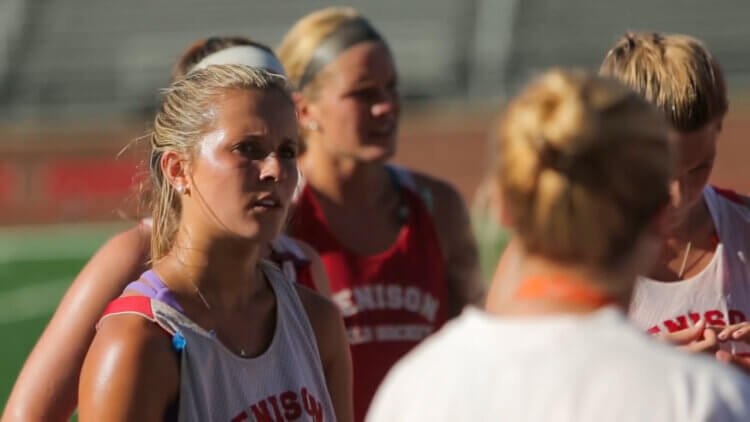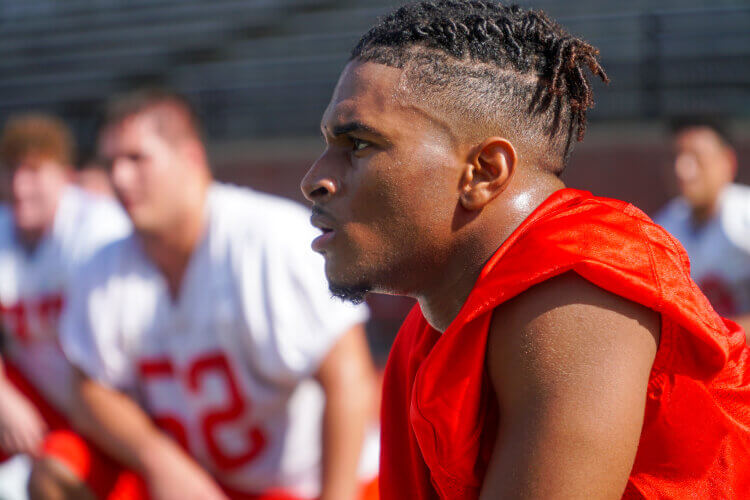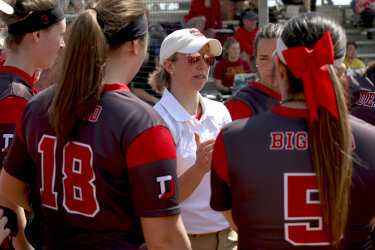(2 Minute Read)
In the past few months, I have worked with student-athletes that are now interacting with their sport in ways that are unfamiliar – having their competitive seasons cut short, working out without their teammates, having remote team meetings, and even worrying about the potential cancelation of their upcoming campaigns. The trying situation in which athletes currently find themselves is ripe for growth. The extent to which they will learn is heavily influenced by coaches and how they help athletes under their direction engage the current sport experience.

Reflection is crucial to the process of generating new knowledge from an experience. In other words, if coaches want athletes with whom they work to learn and develop, it is necessary to be intentional with how they attempt to facilitate athlete-reflection. The term “reflection” is often used to describe a range of practices (Cushion, 2018). In order for an individual to effectively help athletes reflect, the mental processes that are encompassed by the term need to be understood. Schön (1983) detailed three distinct mental processes of reflection: Reflection In-Action is principally about evaluating your thoughts and sensations while an event is occurring – “thinking on your feet”; Reflection On-Action is a deliberate use of logic and reason to gain understanding when there is a stoppage in action but also when there is still an opportunity to impact the action-present, and Retrospective Reflection-On-Action is a deeper process used after an event that can include an attempt to fully reconstruct the experience, think abstractly about potential future actions and even experiment. These types of reflection are actually different mental processes and need to be treated as such (For a full model of athlete reflection see Lott, 2018).

I recently studied the manner in which coaches at the collegiate level attempted to facilitate athlete-reflection and I noticed something very interesting. Coaches in my study primarily used the same strategy regardless of the mental processes available to athletes in different contexts. Coaches proved quite capable of creating initial awareness about something and then taking advantage of a stoppage in play to bring attention to a particular issue with positive or negative reinforcement. This often involved telling or showing the athlete what they did or did not do. There was almost no attempt to get athletes to reflect in-action nor an attempt for a longer-term deep engagement with an issue.

